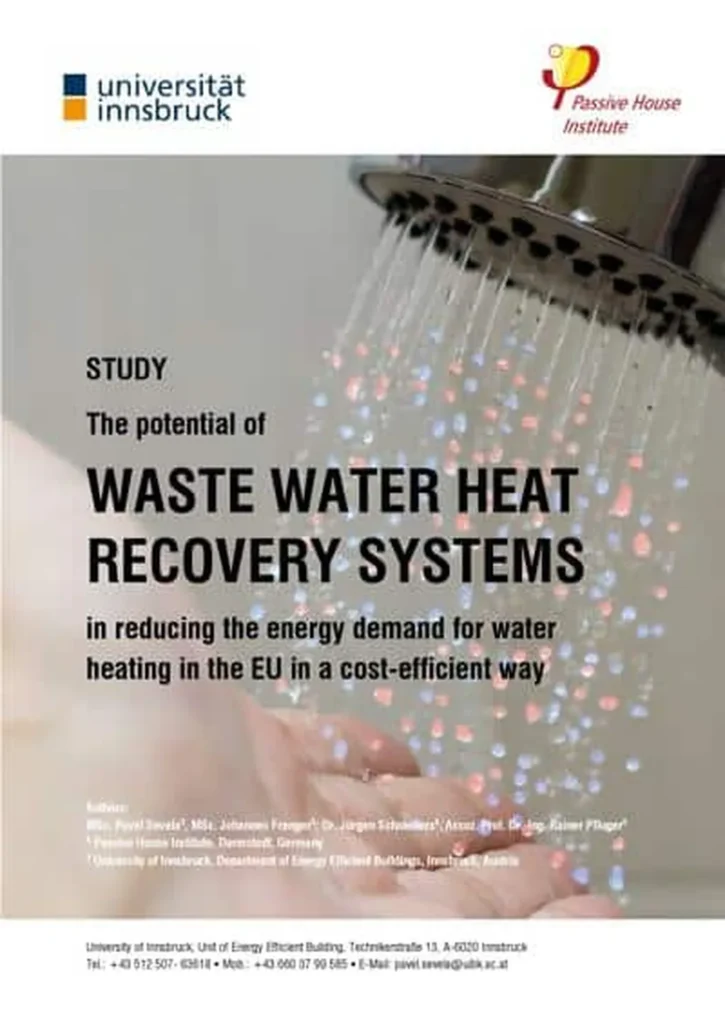In a groundbreaking study published in the journal *Energies* (which translates to “Energies” in English), researchers have demonstrated the significant potential of wastewater heat recovery systems to revolutionize energy efficiency in buildings and contribute to the decarbonization of the built environment. Led by Agnieszka Stec from the Faculty of Civil and Environmental Engineering and Architecture at Rzeszow University of Technology in Poland, the research highlights the untapped energy resource lurking in our drains—greywater.
Stec and her team tested three domestic hot water (DHW) installation variants, two of which integrated different types of drain water heat recovery (DWHR) exchangers. The results were striking. A horizontal DWHR exchanger, a prototype of a new design, reduced the energy demand for hot water preparation by up to 29.6%. However, a commercially available vertical DWHR unit, known as a “tube-in-tube” exchanger, outperformed expectations, slashing energy demand by up to 64.7%. “The reduction in energy demand was primarily influenced by the flow rate from the shower head and the mixed water temperature,” Stec explained. This finding underscores the importance of optimizing both the design of the exchanger and the water usage habits within buildings.
The study also conducted a Life Cycle Cost analysis, revealing that despite the additional upfront costs associated with implementing DWHR exchangers, traditional water heating methods were the least cost-effective solution in all scenarios. This financial insight is crucial for stakeholders in the energy sector, as it demonstrates that investing in DWHR technology can lead to long-term savings and improved competitiveness.
Moreover, the research showed that the tested wastewater heat exchangers significantly reduced CO₂ emissions compared to traditional water heating methods. “This indicates the great potential of wastewater heat recovery systems in decarbonizing the building sector,” Stec noted. As the world grapples with the urgent need to reduce greenhouse gas emissions, this technology offers a practical and scalable solution.
The implications of this research are far-reaching. For the energy sector, the adoption of DWHR systems could open up new markets and opportunities for innovation. Building developers and property managers could benefit from lower operational costs and enhanced sustainability credentials, while policymakers could leverage this technology to meet stringent energy efficiency and emissions reduction targets.
As the world moves towards a more sustainable future, the findings of Stec’s research published in *Energies* provide a compelling case for the widespread adoption of wastewater heat recovery systems. By harnessing the energy hidden in our drains, we can make significant strides towards a greener, more energy-efficient built environment. The question now is not whether this technology will be adopted, but how quickly and comprehensively it can be integrated into our buildings and infrastructure. The future of energy efficiency in buildings is here, and it flows through our drains.

